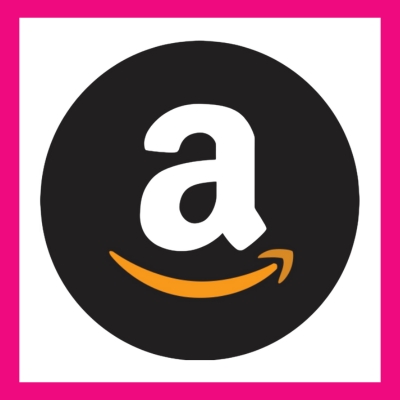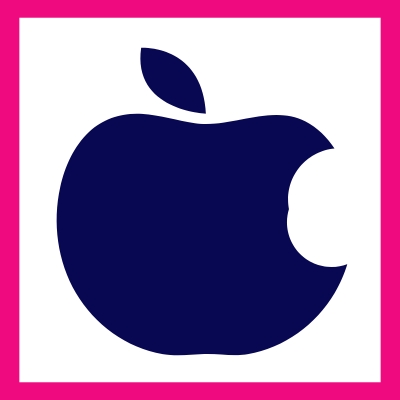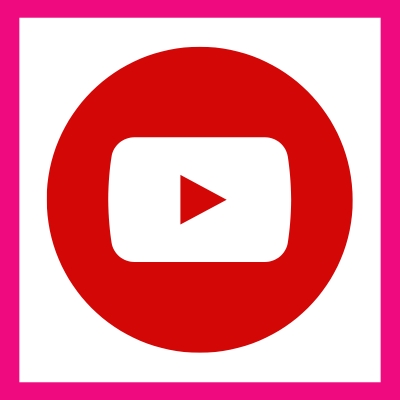There are quite a few leaders who have passed away that I regret not being able to interview. One of the people who has joined that list is Daniel Kahneman, author of Thinking Fast And Slow.
Daniel died recently at age 90.
I knew sharing some of his legacy could be helpful to us.
So let’s start off with an important question.
How would you answer this:
What is the ultimate outcome of an education?
There’s no right, or wrong take.
But Daniel Kahneman’s answer is powerful:
“It’s quite obvious. To change what you believe.”
Are You Transforming?
To change what you believe means you do more than gain knowledge.
As teachers, coaches, parents, or creators, anyone supporting a community with learning, we can use these 3 points as a checklist.
You transform because you:
- Apply and test new ideas
- Challenge your truths
- Unlearn and modify your understanding
Put another way, “knowledge could be power, but not necessarily”
Legacy From Daniel Kahneman
Daniel is THE Expert when it comes to how we think and make decisions.
He shares two systems that impact our choices:
System 1 (Thinking Fast)
Automatic, intuitive, quick, with little effort and no sense of control.
System 1 can be highly efficient but prone to biases and errors.
System 2 (Thinking Slow)
Analytical, deliberate, slower, with significant effort and complex computations.
System 2 tends to make fewer mistakes but takes time.
Cognitive Biases
Kahneman shares a few cognitive biases that result from our reliance on these two systems of thought.
Being aware of these can have a profound impact on our decision making, leading to more consistent progress and vitality.
- Anchoring Effect: Tendency to be overly influenced by the first piece of information we encounter when making a decision.
Example: The initial price offered for a used car can influence how buyers perceive the value of it and other cars they evaluate afterward, regardless of the cars’ actual worth.
- Availability Heuristic: Judging the frequency or likelihood of events based on how easily examples come to mind.
Example: Extensive media coverage of airplane accidents may lead people to believe that air travel is more dangerous than it is.
- Substitution: Substitution occurs when faced with a complex question, and we unconsciously replace it with a simpler one.
Example: Assessing one’s overall happiness based on current mood, rather than a comprehensive evaluation of overall life circumstances.
- Endowment Effect: Tendency to value things more highly simply because we own them.
Example: People refuse to sell a concert ticket they own for a price much higher than they would be willing to pay to buy it.
- Loss Aversion: The phenomenon where the pain of losing is psychologically about twice as powerful as the pleasure of gaining.
Example: Investment decisions, where individuals irrationally hold onto losing stocks to avoid realizing a loss, despite opportunities for better investments.
- Overconfidence: Tendency to hold a misleadingly high assessment of one’s abilities, knowledge, or control over outcomes.
Example: An investor overestimating their ability to predict stock market movements, leading to potentially poor investment choices.
Rest In Peace
I would have loved to discuss learning with Kahneman.
It would be powerful to hear his take on how “success” or progress as creatives and business leaders can be impacted, even blocked by our choices and mental shortcuts.
Instead I’ll have to appreciate what he left us with his work.
And what’s crazy cool is that much of my progress with this newsletter, podcast, and the whole JKL brand can be attributed to this understanding.
Want To Apply For Coaching?
I go super deep and it takes a lot of energy, I only take on a few clients at a time. So it’s always a good idea to be on the waiting list.
Every so often I go to my list of applicants and do some initial clarity calls.
I charge a lot of money for a one-time clarity call, but for potential coaching clients, this call is FREE.
It’s not a 15 minute “chat”. More like 1-2 hours. And it is a deep, powerful, life changing coaching session.
The goal of this session is to identify your big dream, what’s getting in the way, and come up with a plan.
There is no big sales pitch about being a client at the end.
If you want to work together long term AND I feel it would be a positive experience for both of us then I will explain the next steps.
Either it will be a Hell Yes, Or A Hell No!
But no matter what it will be an incredible experience.
If you want to learn more about how and why I specifically coach people one to one, check out this article.
Ready To Apply For Coaching?
If you want to explore working together you can apply here.
Justin Nolan JKL Coaching Application Form
Not Ready For Coaching Yet?
I’ve worked with a number of coaches after years of learning from them.
I listened to their podcasts, read their newsletters and read their books.
Years later I had saved up enough money, or worked up the courage to learn from them directly.
One of the best ways I share everything I learn to help you on your journey is in the JKL Newsletter.
CONNECT WITH JUSTIN:
Instagram @Justkeeplearning.ca
YouTube – @justkeeplearningpodcast
X – @JustinNolan_JKL
TikTok – @justkeeplearning.ca
Pinterest – justkeeplearningca
Facebook – justkeeplearning
LinkedIn – justinnolan-justkeeplearning



